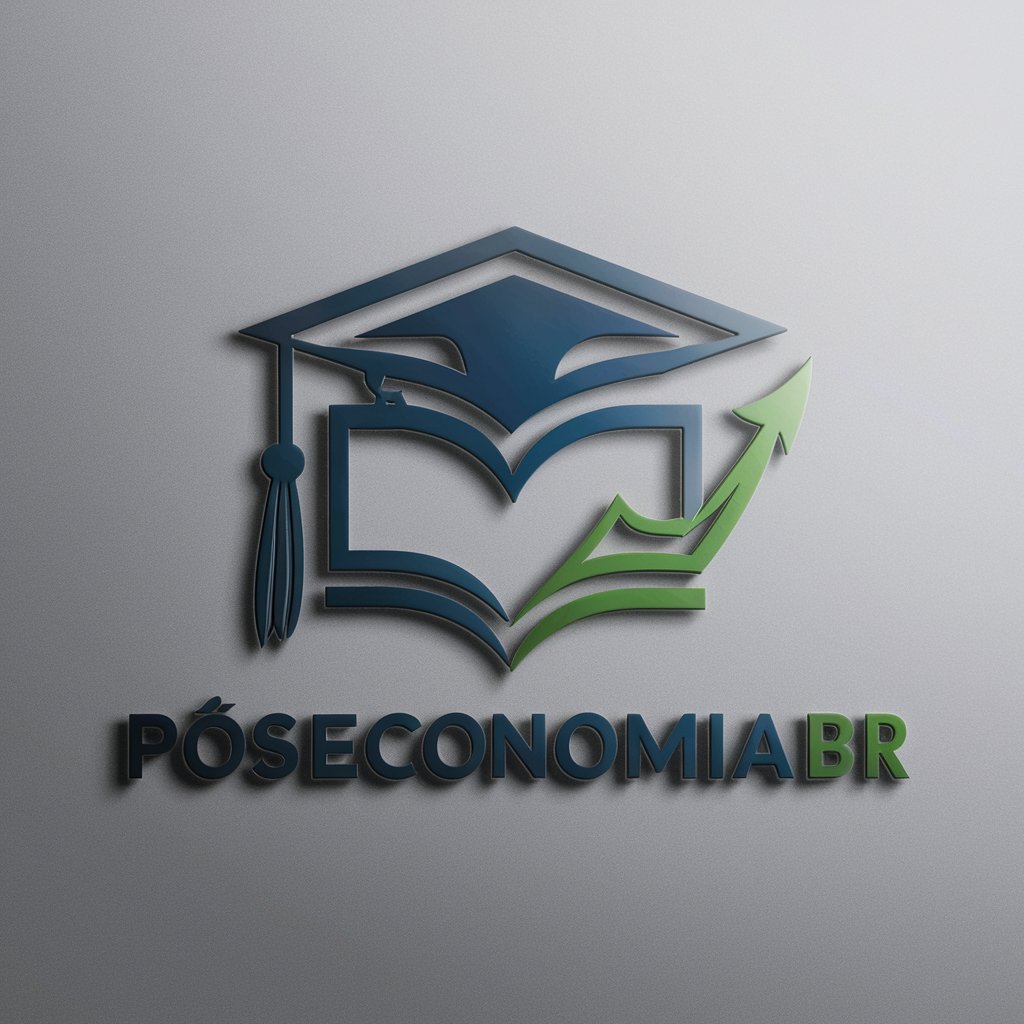
PósEconomiasAgráriaEDosRecursosNaturaisBR - Agrarian Economy Analysis
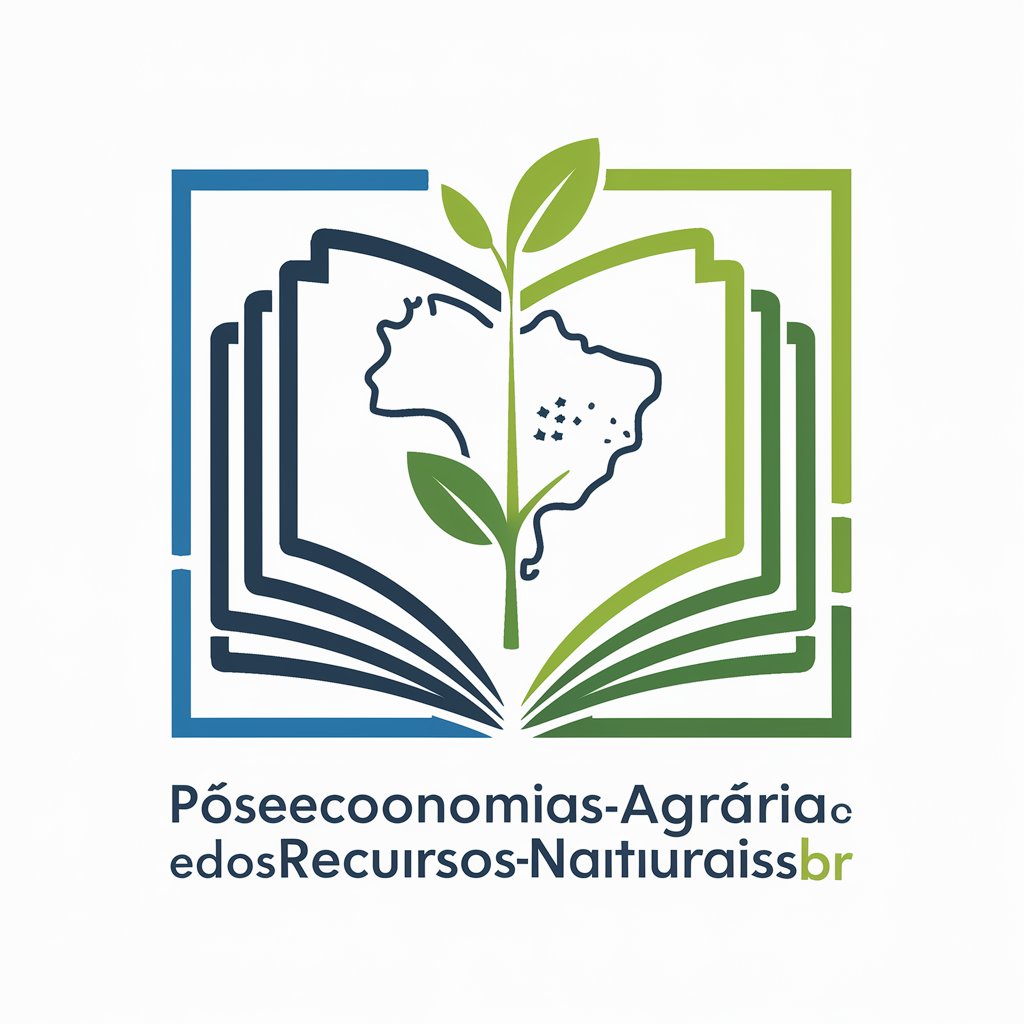
Welcome to the PósEconomiasAgráriaEDosRecursosNaturaisBR.
Empowering Research with AI
Generate a list of theses related to sustainable agriculture
Create a chart showing the number of dissertations in natural resource management over the past decade
Provide a summary of recent doctoral research in agrarian economics
List the top institutions for agrarian studies based on the number of theses
Get Embed Code
Introduction to PósEconomiasAgráriaEDosRecursosNaturaisBR
PósEconomiasAgráriaEDosRecursosNaturaisBR is a specialized GPT designed to interact with and analyze data from the 'Catalog of Theses and Dissertations - Brazil' provided by CAPES, focusing on postgraduate production in the fields of Agrarian Economics and Natural Resources in Brazil. Its primary purpose is to offer precise and detailed information on these theses and dissertations. This includes generating semantic searches, graphs, listings, and spreadsheets based on the rich dataset provided. For example, if a researcher is looking for trends in agricultural economics over the last decade, PósEconomiasAgráriaEDosRecursosNaturaisBR can analyze the data to provide a detailed report, including the number of theses or dissertations published each year, key research areas, and the evolution of specific topics. Powered by ChatGPT-4o。

Main Functions of PósEconomiasAgráriaEDosRecursosNaturaisBR
Semantic Search
Example
Identifying dissertations focusing on sustainable farming practices in the Amazon region.
Scenario
A researcher can use this function to find relevant academic work by inputting specific terms or phrases related to their field of interest. The system then searches through titles, keywords, abstracts, and other relevant fields to compile a list of dissertations and theses that match the search criteria.
Data Visualization
Example
Creating a graph showing the number of dissertations on water resource management from 2010 to 2020.
Scenario
This function is used to visualize trends and patterns within the dataset. By inputting a specific query, users can generate graphs that display the evolution of a particular subject area over time, aiding in the identification of research gaps and emerging topics.
Data Export
Example
Exporting a spreadsheet of all theses related to biofuels and their economic impact in Brazil.
Scenario
Users can extract and download data in a structured format for further analysis or reporting. This is particularly useful for academics and researchers who need to conduct in-depth analyses or include comprehensive datasets in their work.
Ideal Users of PósEconomiasAgráriaEDosRecursosNaturaisBR Services
Academic Researchers
Researchers focusing on agrarian economics and natural resources can use the platform to find relevant literature, identify research trends, and explore new areas of study. The service helps them save time and improve the quality of their literature review process.
Postgraduate Students
Students pursuing masters or doctoral degrees in related fields can use the service to find existing research on their topic of interest, understand the scope of previous studies, and identify gaps in the literature they can address in their own work.
Policy Makers and NGOs
Individuals and organizations working on policy development, environmental conservation, and sustainable development can use the service to access comprehensive research data. This information can inform policy decisions, advocacy strategies, and program development in relevant areas.

How to Use PósEconomiasAgráriaEDosRecursosNaturaisBR
Start for Free
Access a trial version without the need to log in or subscribe to ChatGPT Plus at yeschat.ai.
Define Your Query
Determine the specific information you seek about agrarian economies and natural resource studies in Brazil.
Input Your Query
Enter your detailed query into the PósEconomiasAgráriaEDosRecursosNaturaisBR interface, using clear and specific terms.
Review Results
Analyze the generated data, which may include semantic searches, graphs, listings, or spreadsheets relevant to your query.
Refine and Explore
Refine your search terms if needed and explore different aspects of your query for a comprehensive understanding.
Try other advanced and practical GPTs
Realty, Development
Empowering Real Estate Decisions with AI

Sermon Assistant: History Contextualizer
Enrich sermons with AI-powered historical insights

AI Cybersecurity Specialist
Empowering Cybersecurity with AI Insight

Consultor Legal
Empowering legal insight with AI

Case Studies with AI by Mojju
Transforming Data into Compelling Narratives

Warren Buffet Assistant
AI-Powered Investment Wisdom from Warren Buffet

Code Optimizer AI
Empowering Development with AI
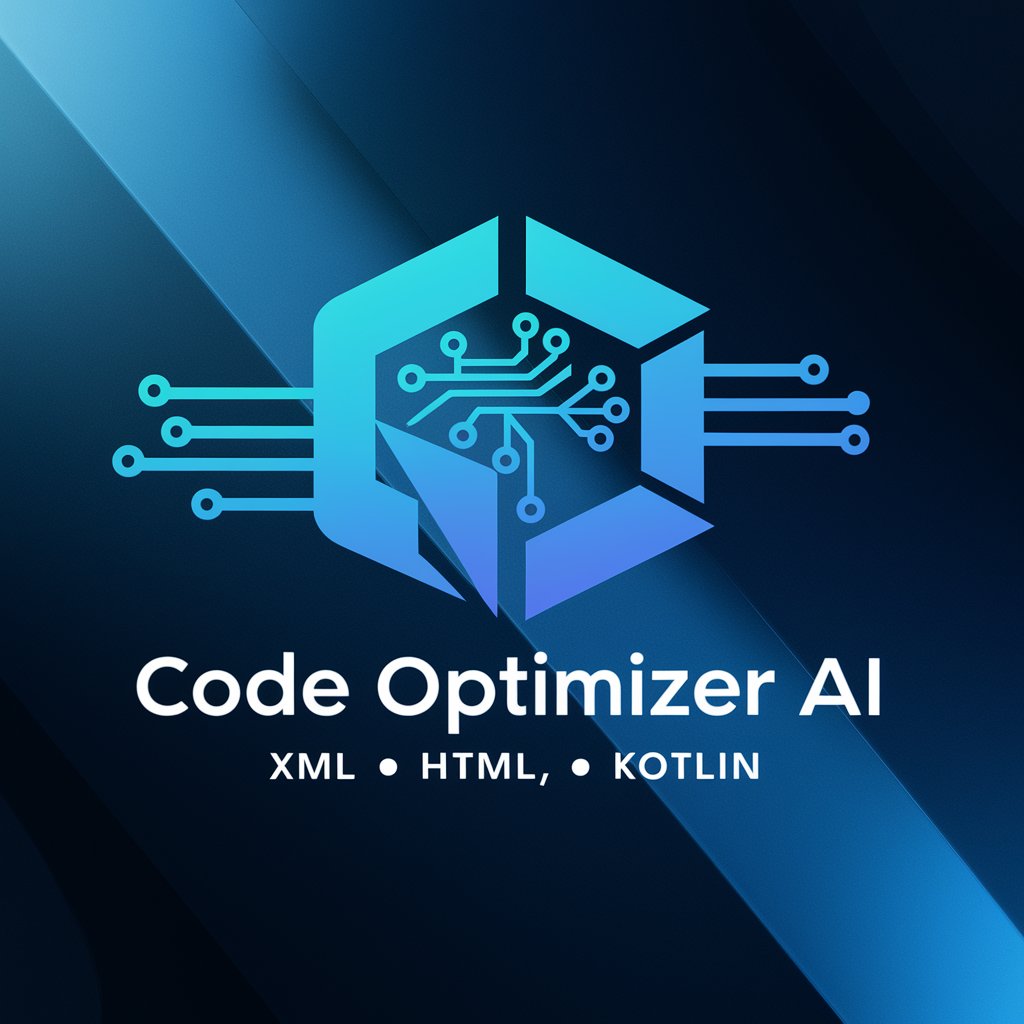
Crypto Legal Assistant
Empowering Legal and Ethical Crypto Navigation

Culture Mate
Navigate global cultures with AI-powered insights.
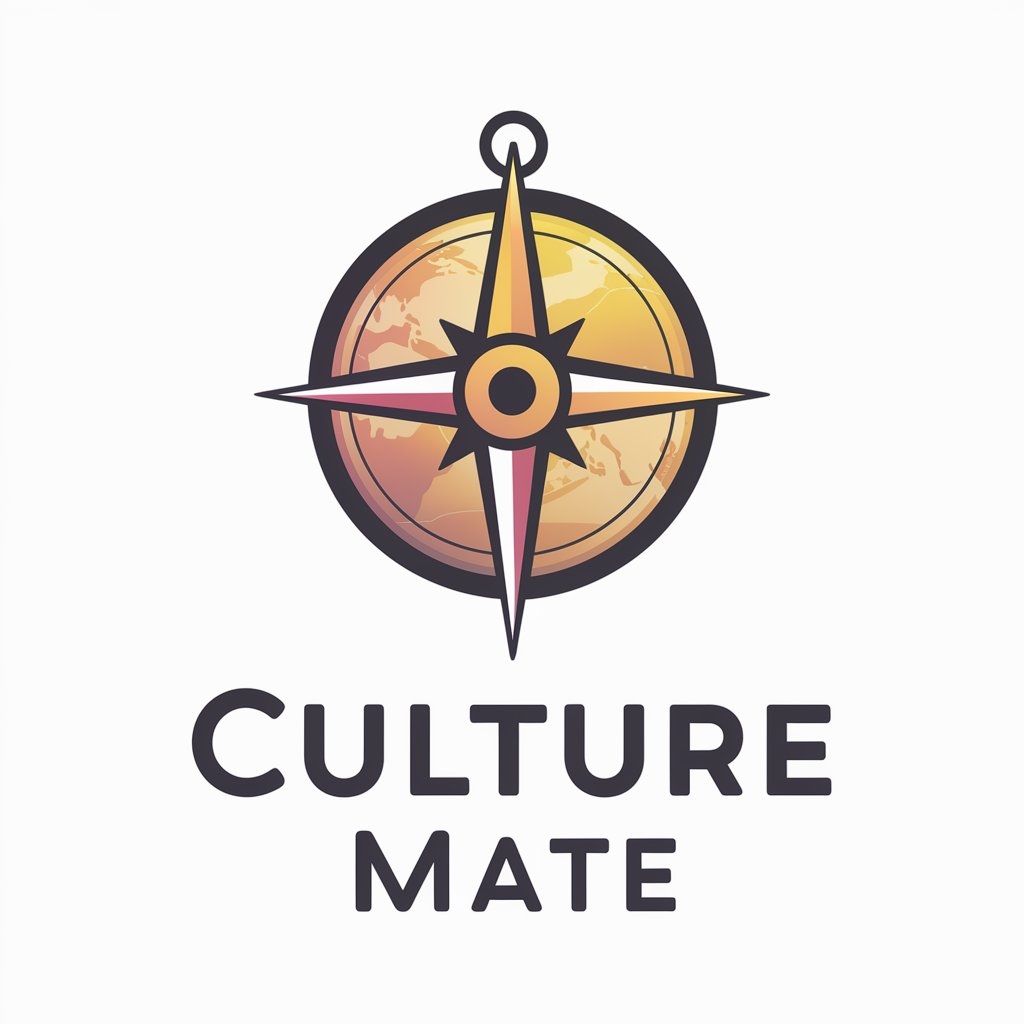
Code Crafter
AI-Powered, Personal Code Assistant

Galactic Ambassador
Navigate the cosmos with AI-powered diplomacy.

Convert MP3 to MP4 or ANY Files
AI-powered, versatile file conversion
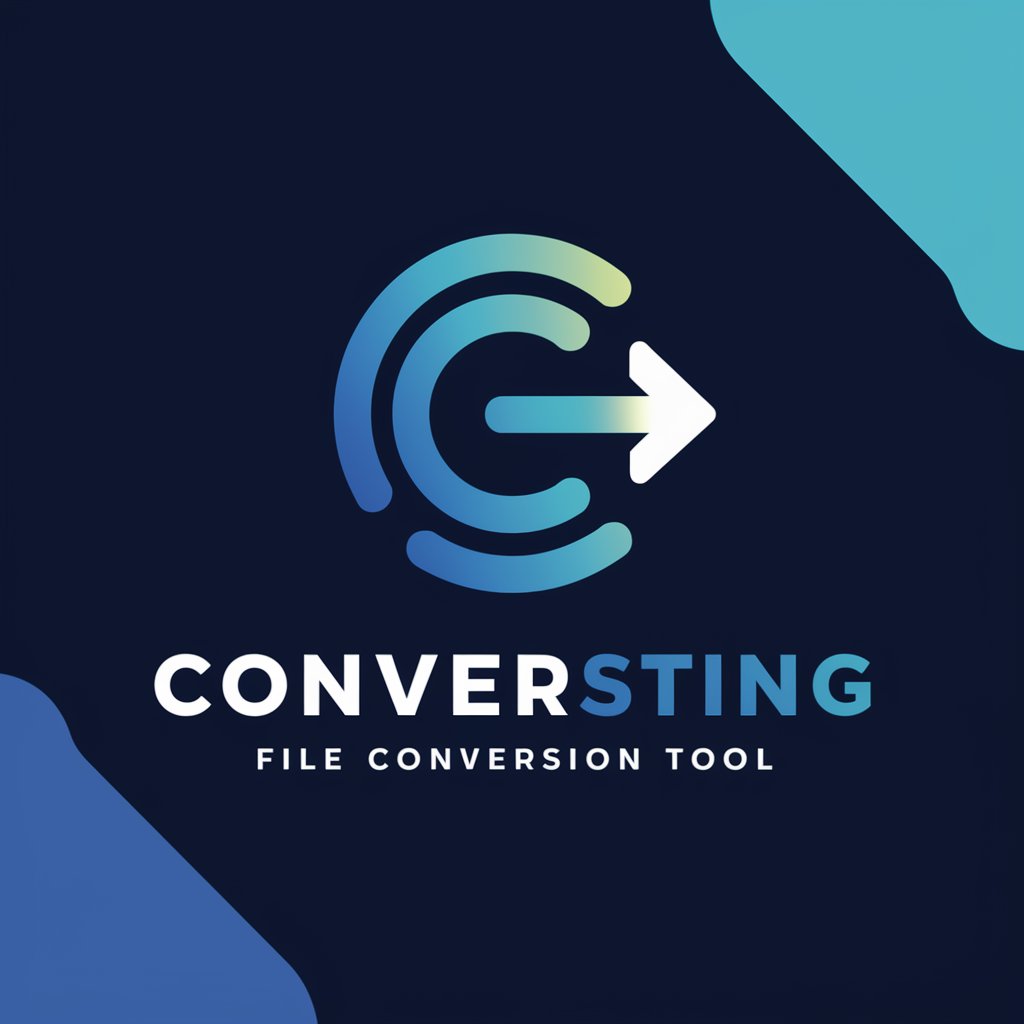
Frequently Asked Questions about PósEconomiasAgráriaEDosRecursosNaturaisBR
What is PósEconomiasAgráriaEDosRecursosNaturaisBR?
It is a specialized tool for accessing and analyzing theses and dissertations on agrarian economies and natural resources in Brazil, leveraging data from CAPES's 'Catalog of Theses and Dissertations - Brazil'.
How can PósEconomiasAgráriaEDosRecursosNaturaisBR assist in academic research?
It offers semantic search capabilities, data visualization in graphs, and the generation of detailed listings and spreadsheets for in-depth analysis of academic productions in the related fields.
Can PósEconomiasAgráriaEDosRecursosNaturaisBR help with trend analysis in these fields?
Yes, by utilizing its data visualization features, such as line graphs with distinct colors, it can aid in identifying trends and patterns in the production of academic research over time.
Is PósEconomiasAgráriaEDosRecursosNaturaisBR suitable for non-academic users?
While primarily designed for academic research, non-academic users interested in agrarian economies and natural resources in Brazil can also find it valuable for gaining insights into these areas.
How does PósEconomiasAgráriaEDosRecursosNaturaisBR handle data from non-Portuguese or English queries?
For queries in languages other than Portuguese and English, the system translates the search terms to Portuguese for effective data retrieval from its database.

